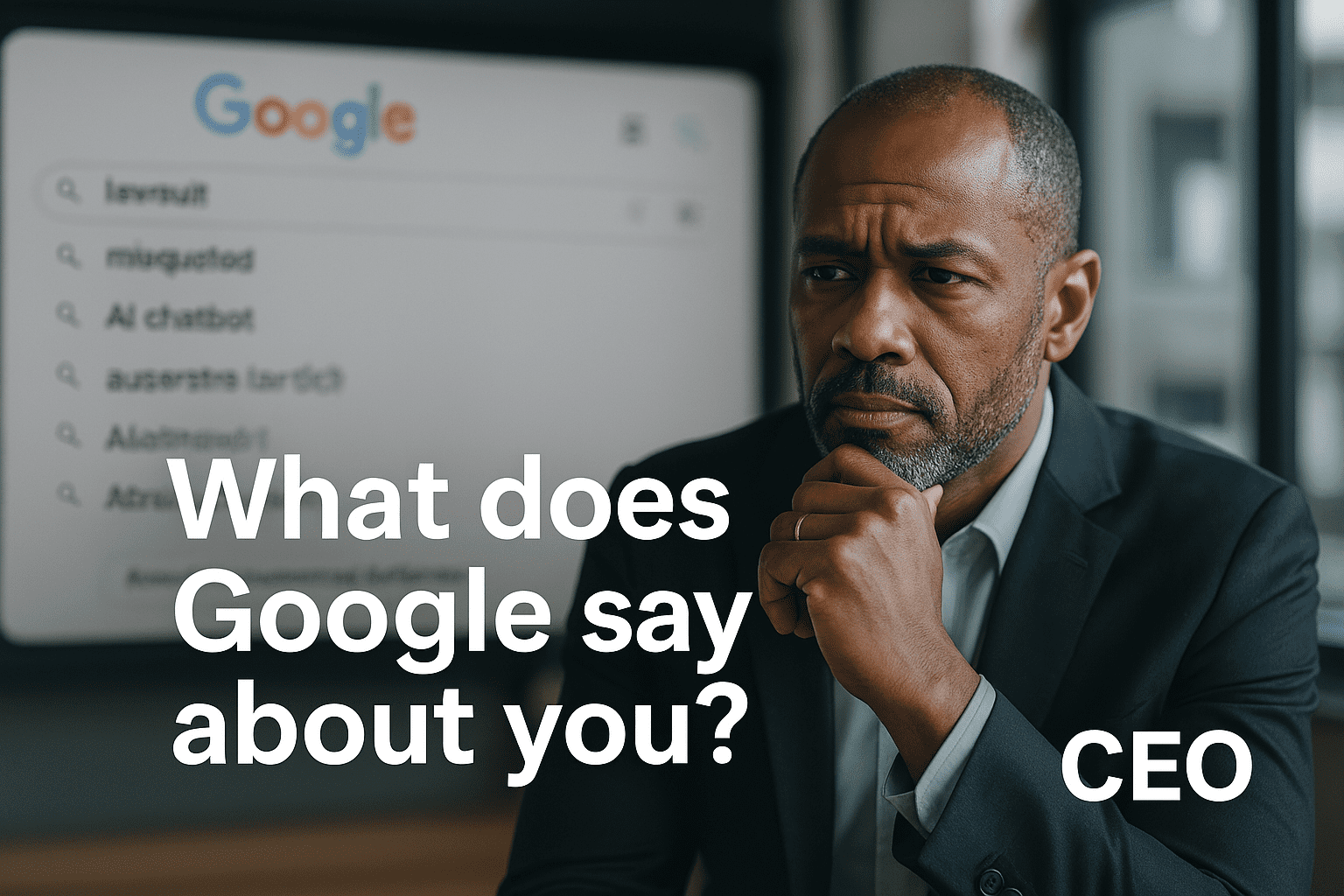Last Updated on December 6, 2024 by Steven W. Giovinco
The tragic, horrible killing of UnitedHealthcare CEO Brian Thompson reveals a reputation underbelly: one single dramatic event can shift how a company and an entire industry are perceived. What makes this particularly strange is that the reputation failure impacted a company and perhaps a whole industry and wasn’t initially driven by corporate actions or statements, but was amplified through public revolt.
TikTok and Twitter quickly generated a wave of sharp criticism: “Thoughts and deductibles to the family” or “My condolences are out-of-network.” Frustrations with health insurance and UHC exploded as a result. These reactions went beyond the tragedy itself, becoming a focus for people to share stories of denied claims.
It struck me that the reputations of a business and an industry can crash in strangely unexpected ways. In this case, a violent act drew attention to an industry perceived as prioritizing profit over humans, and many jumped on board. For UnitedHealthcare, the tragedy became a flashpoint for broader dissatisfaction, one that no press release or PR campaign could contain.
Here, the collective wave of frustration turned a crisis into an indictment of a perceived systemic failure. For industries as large and influential as insurance, this should be pretty sobering for CEOs: the public collective can tank a firm or business in ways we never even thought of.
How can organizations address frustrations before they explode into viral criticism? Reputation management isn’t just about shaping a false narrative, because people can see through that from a mile away. Listen, respond, be truthful, and share honestly to improve an online reputation—not by gaming the system.
The bottom line: reputation is fluid. It is shaped in real time, by people. And it can change perception quickly, so always be authentic with those you serve. I hope this never happens again—the death of a CEO. There is never, ever an excuse for this.



